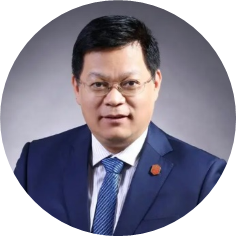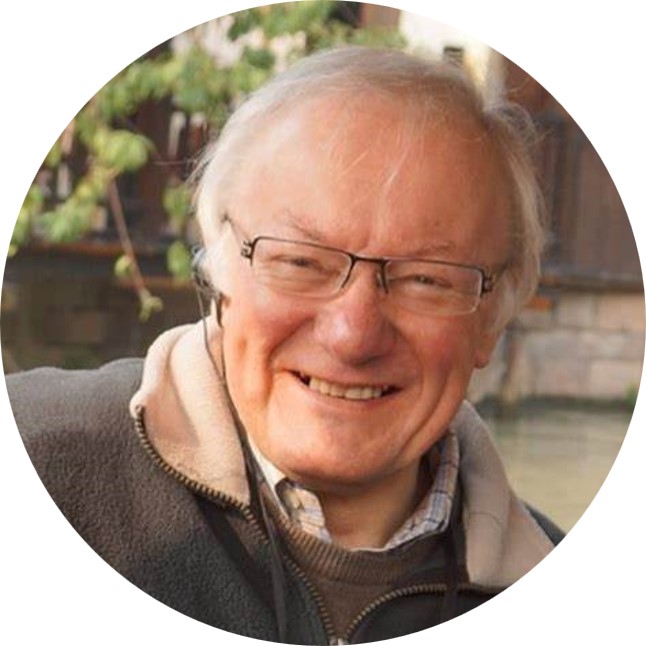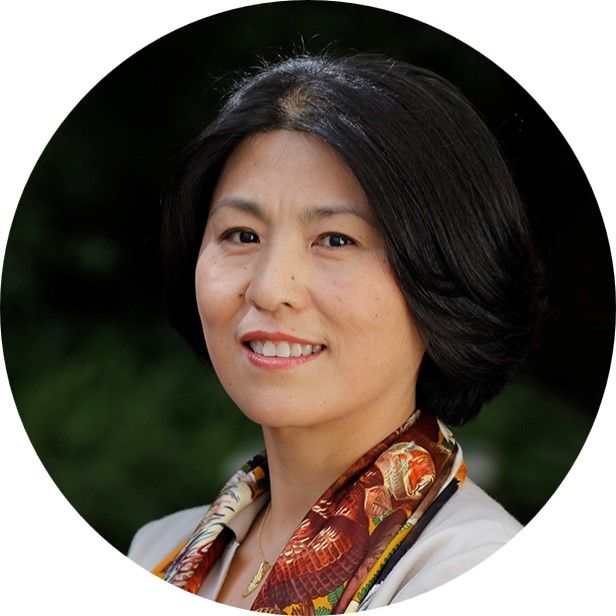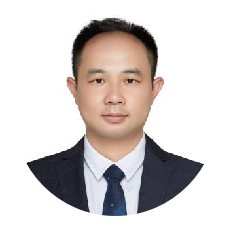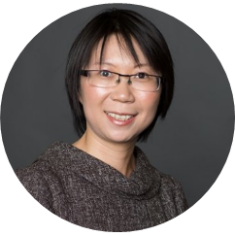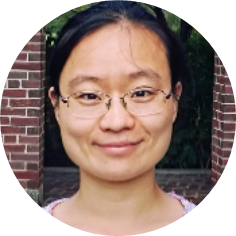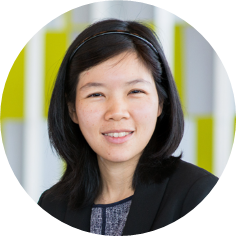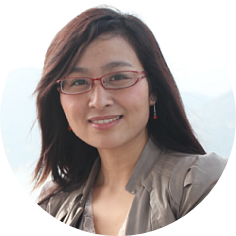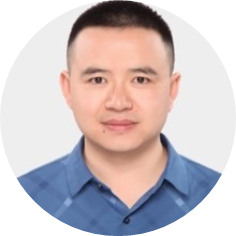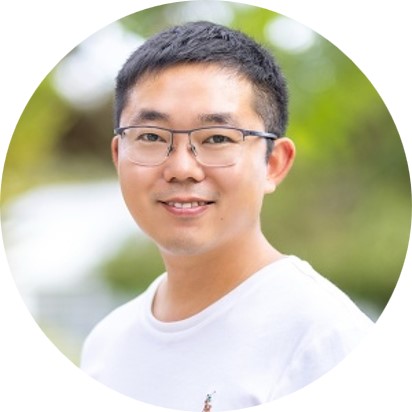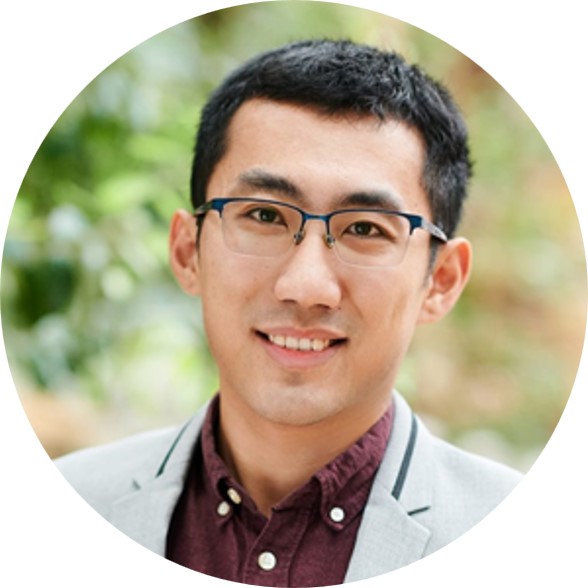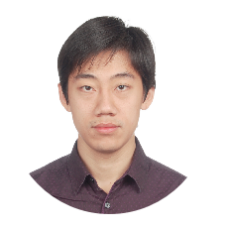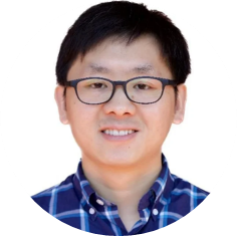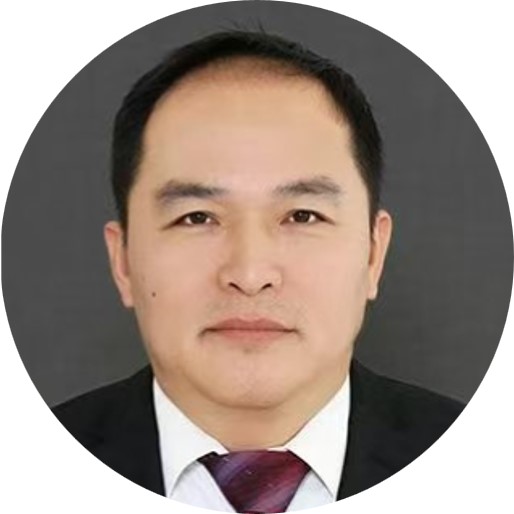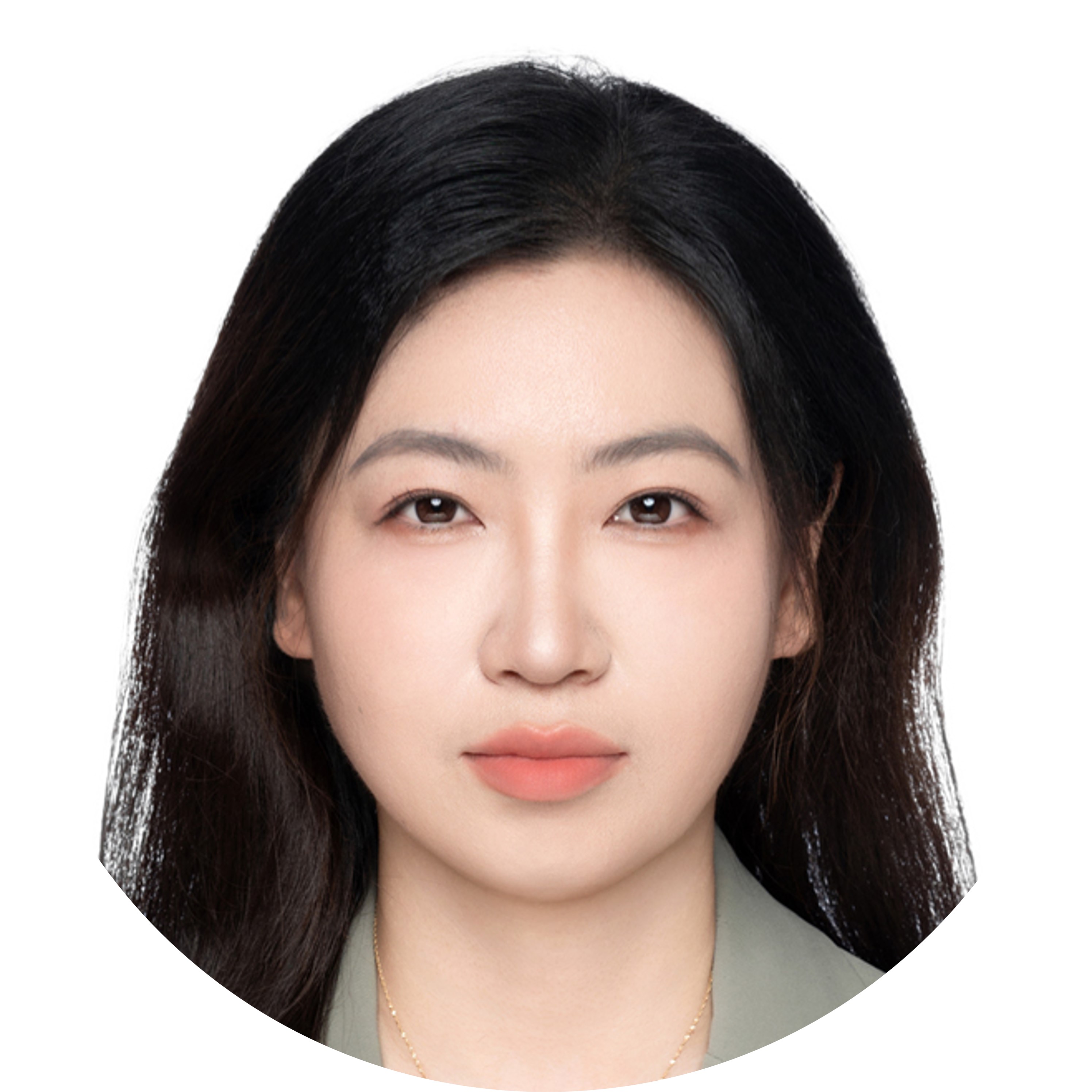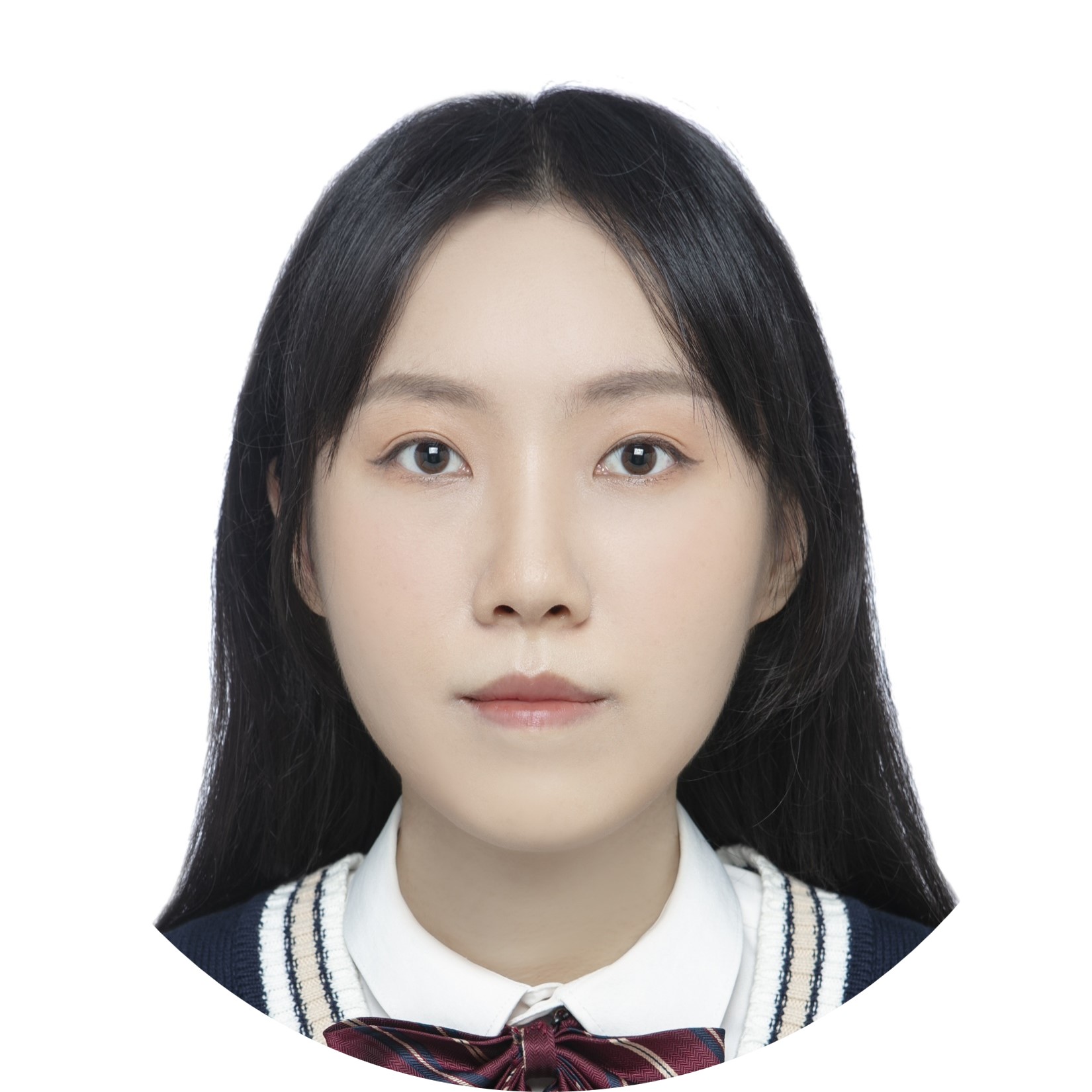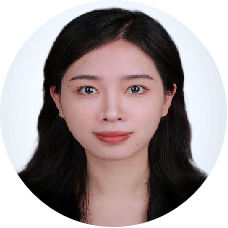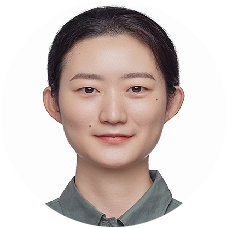Welcome to the USS Summer School!
As urbanization accelerates in a rapidly changing world, cities face growing challenges such as climate change, resource depletion, and social inequality. To ensure sustainable urban development, we must actively seek and implement innovative solutions. Emerging technologies—especially AI, smart infrastructure, and digital governance—offer new opportunities to enhance energy efficiency, optimize transportation, and improve environmental management. While cities worldwide are exploring these advancements, the key lies in translating technological potential into actionable strategies that foster resilient, inclusive, and sustainable urban futures.
To turn these possibilities into tangible progress, the Summer School themed "Urban Science and Sustainability" will be held in Xiamen, China, from July 6th to 15th, 2025. Organized by the Institute of Urban Environment, Chinese Academy of Sciences (IUE, CAS), Sustainable Urban Systems Section in the International Society for Industrial Ecology (ISIE-SUS), State Key Laboratory of Urban and Regional Ecology (SKLURE), International Science Council-Urban Health and Wellbeing Programme (ISC-UHWB), and International Society for Spatial Methods (ISSM), the summer school will offer funding for eligible participants. Bringing together leading scholars, experts, and industry professionals, the program will feature specialized lectures, academic seminars, case studies, and field visits. Participants will explore cutting-edge theories and practical solutions for sustainable urban development, collaboratively shaping resilient and future-ready cities.
Advisory Board
Yong-Guan Zhu Academician of the Chinese Academy of Sciences and the Academy of Sciences for the Developing World Professor of Environmental Biology; Director-General, Research Center for Eco-Environmental Sciences, Chinese Academy of Sciences (CAS); Science Director, Institute of Urban Environment, CAS |
Michael Batty Fellow of the British Academy, the Academy of Social Sciences and the Royal Society; Foreign Academician of the Chinese Academy of Sciences Professor of Planning at University College London |
Xuemei Bai Fellow of Academy of the Social Sciences in Australia Professor of Urban Environment and Human Ecology at the Fenner School of Environment & Society, Australian National University |
|
Scientific Committee
Chair |
|
Wei-Qiang Chen Professor Professor, Institute of Urban Environment, Chinese Academy of Science (CAS); Chair of Organizing Committee, Urban Science and Sustainability (USS) |
José Lobo Associate Professor Clinical Associate Professor, School of Sustainability, College of Global Futures; Senior Global Futures Scientist, Julie Ann Wrigley Global Futures Laboratory, Arizona State University |
Member |
|
Individual names are listed in ascending alphabetical order based on the first name. |
|
Faith Ka Shun Chan Professor School of Geographical Sciences, University of Nottingham Ningbo China |
Hua Cai Associate Professor College of Engineering, Purdue University |
Kangkang Tong Associate Professor China-UK Low Carbon College, Shanghai Jiao Tong University |
Lynette Cheah Professor School of Science, Technology and Engineering, University of the Sunshine Coast |
Shauhrat S. Chopra Associate Professor School of Energy and Environment, City University of Hong Kong |
Xiaoling Zhang Professor Institute for Climate and Carbon Neutrality, The University of Hong Kong; Joint Appointment with Department of Real Estate and Construction, Faculty of Architecture, The University of Hong Kong |
Yi Yang Professor College of Environment and Ecology, Chongqing University |
Yongze Song Senior Lecturer School of Design and the Built Environment, Curtin University |
Yuli Shan Associate Professor School of Geography, Earth, and Environmental Sciences, University of Birmingham |
Yupeng Liu Associate Professor Institute of Urban Environment, CAS |
Yuyu Zhou Professor Department of Geography, The University of Hong Kong |
|
Organizing Committee
Chair |
|
Xin Lu Director Department of Science and Technology, Institute of Urban Environment, CAS |
Lulu Song Associate Professor Institute of Urban Environment, CAS |
Member |
|
Jiayun Huang Research Intern Institute of Urban Environment, CAS |
Tingting Guo Research Intern Institute of Urban Environment, CAS |
Chuyue Zhong Science Officer International Science Council-Urban Health and Wellbeing Programme (ISC-UHWB) |
|
Funding & Selection
This summer school is open to students worldwide, with plans to enroll 20 international students and 10–20 Chinese students. We will provide free catering and accommodation services to all participants. Additionally, travel funding of different levels will be offered based on participants' individual situations. The criteria as follows:
| Sponsorship Criteria (RMB/person) | Number of People | Items |
| 20000 | 10 | International Travel, Accommodation, Meals |
| 15000 | 5 | |
| 10000 | 5 | |
| 5000 | 10-20 | Accommodation, Meals |
The organizing committee will review applications and send official invitation letters to selected participants.
Application
- Eligibility: Graduate and doctoral students in fields related to urban metabolism, urban resilience, urban sustainability, and urban adaptation, and AI for sustainable development are welcome to apply.
- Apply via the links below:
- Overseas Students (Countries/Regions outside Chinese Mainland): https://forms.gle/p9XzcS89KqAvHVrB6
- Chinese Mainland Students: https://www.wjx.top/vm/YnMj0pW.aspx#
- Application deadline: April 20th, 2025
- Fees: No application fee is required. Participants must cover their own travel expenses unless they are eligible for institutional funding.
- Contact Information: USS organization, uss@iue.ac.cn
Program
This ten-day summer school includes lectures, exercises, discussions, group presentations, and two-day field trips. The schedule is as follows:
| Date | Item |
| Jul. 6 | Registration & Check-in, Welcome Dinner |
| Jul. 7-11, Jul. 14-15 |
Morning: Lecture & Exercise Afternoon: Group Discussion & Presentation |
| Jul. 12-13 | Field Trips: Fujian Academy of Digital Economy Industry, Xiamen Software Park, Xiamen Mountains-to-Sea Trail, Amoy Wuyuan Bay... |
| Jul. 15 | Check-out & Departure |
The summer school aims to provide an academic platform for urban sustainability, guiding students to explore the complex mechanisms and impacts behind urbanization, and understand how to utilize technology to build more resilient, sustainable, and inclusive urban futures. The curriculum integrates interdisciplinary perspectives on cities and urbanization, with a focus on urban big data, AI and urban sustainability, and urban metabolism and planning.
Learning Outcomes
This summer school will cover key urbanization issues and explore solutions using cutting-edge technologies such as AI and big data. Through various formats including theoretical lectures, case studies, and field visits, participants can grasp the overall urbanization framework and delve into practical challenges in each specific field. Renowned urbanization scholars, senior researchers and industry experts from top global academic institutions will leverage their expertise, experience and insight to analyze urbanization's present and future, share the latest research and cases, and help participants broaden their academic horizons and enhance their expertise.
By participating in this summer school, participants will gain a precious chance to learn, communicate and grow with outstanding peers, and build profound professional networks. Through interactive sessions such as group discussions, project collaborations, and academic seminars, participants will be able to fully exchange ideas, stimulate innovative thinking, and collectively explore research hotspots and practical challenges in the field of urbanization, laying a solid foundation for future in-depth development in related areas.
Award
We will award three outstanding participants.
Photo Gallery
Please click the button below to view the summer school photos.

